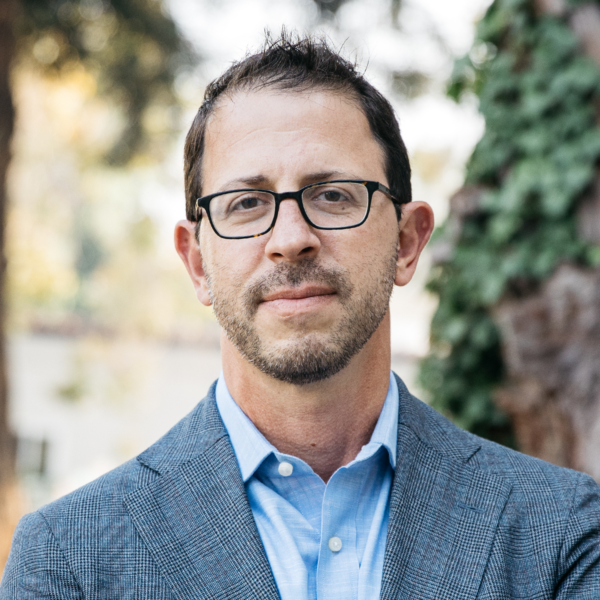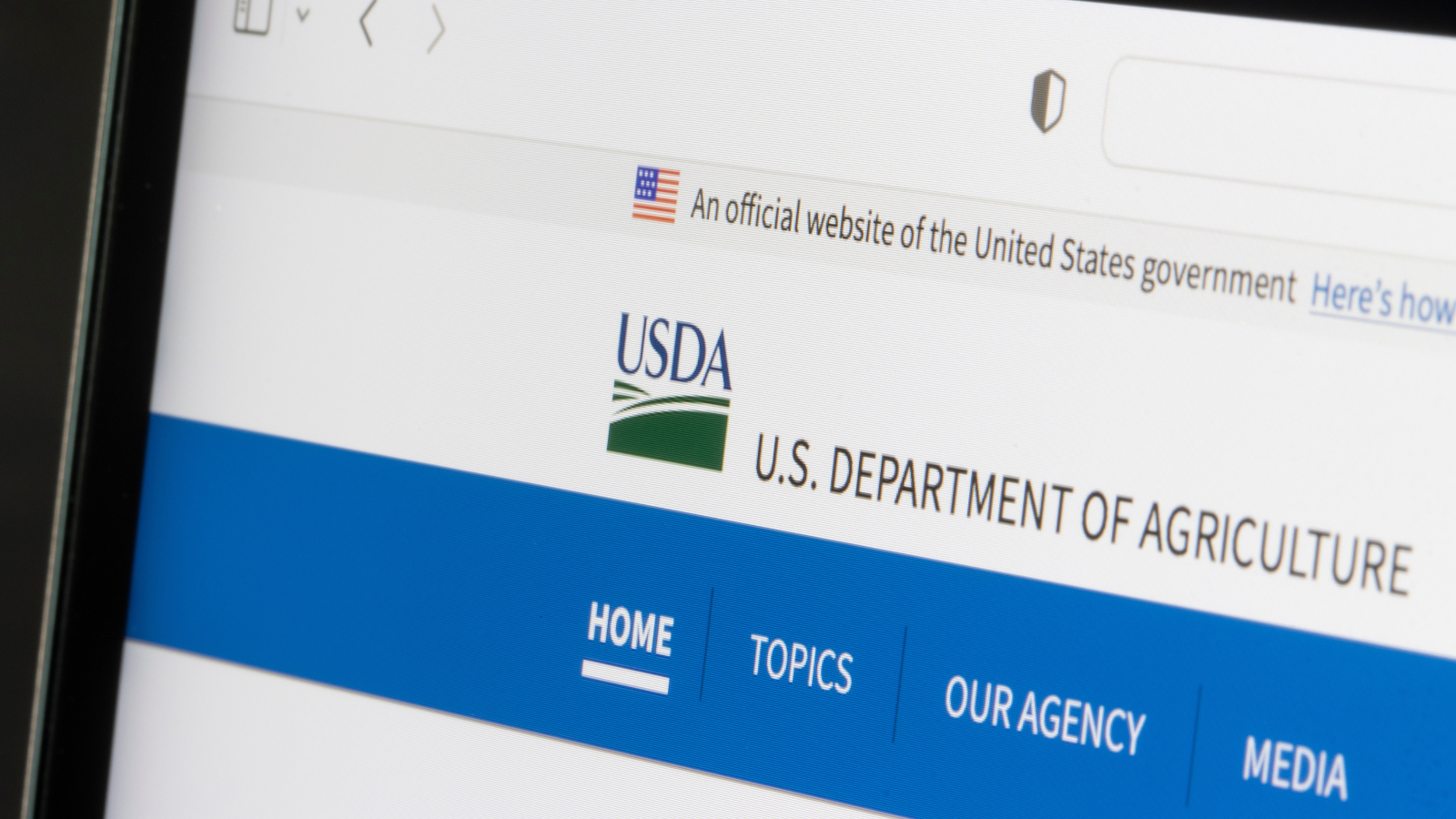Ian Bassin is co-founder and Executive Director of Protect Democracy. He previously served as Associate White House Counsel, where he counseled the President and senior White House staff on administrative and constitutional law.
Preventing efforts to interfere with and weaponize federal law enforcement
- July 4, 2021

Becca Leviss also contributed to this analysis.
From day one, Donald Trump knew that no single event was more responsible for making him President than James Comey’s decision to reopen the investigation into Hillary Clinton in the final days of the 2016 election. Comey’s decision upended the news cycle twice in the final 11 days as Trump was trailing badly, and almost certainly tipped enough votes to more than make up the 80,000 vote margin across the three states that handed Trump the presidency.
So, from his earliest days in office, Trump sought to bring the Department of Justice and FBI under his complete control in order to be able to run a similar play in 2020. From the start, he wanted “loyalty” from James Comey. He wanted the Attorney General to be his personal Roy Cohn. He wanted to be sure the Department of Justice would investigate his rival in the 2020 election and tip the outcome once more in his favor.
From day one at Protect Democracy, we set out to stop that.
The very first thing we did as an organization was to issue a memo to the media and Congress explaining the history of rules governing contacts between the White House and Department of Justice. As an organization formed by former White House and Department of Justice lawyers, we understood how crucial these rules are to preventing the politicization of law enforcement. Our work in early 2017 helped force the Trump White House to disclose its own policies on White House-DOJ interactions, and led to media exposure of how its staff were violating those policies. This laid the groundwork for further interventions and media coverage. And by briefing key reporters in the national press corps on these rules and their importance, we helped the media tell one of the first big stories of the Trump Administration—Trump’s demand of loyalty from James Comey and his ultimate firing—with the proper context about why those actions were so dangerous for our democracy.
Facing public blowback to White House interference in Justice Department matters, Trump began to make even more aggressive claims about his powers over the Department. In December 2017, he publicly asserted an “absolute right to do what I want to do with the Justice Department.” We recognized that if he succeeded in persuading people of that, it would be hard to stop him from using the Department to aggrandize his own power in corrupt ways.
So we launched a campaign to counter his argument. First, we wrote an in-depth legal analysis of why he was wrong as a matter of constitutional law. Recognizing that the media would not cover a white paper, we embedded our arguments in a legal brief we filed on behalf of notable former DOJ officials such as Preet Bharara, the former US attorney for the Southern District of New York who was fired in the early days of Trump’s presidency, and John Dean, who served as President Nixon’s White House counsel and became a prominent figure in the Watergate scandal. Due to the high-profile signers, the brief received media attention, elevating the white paper’s arguments into a broader national discussion rebutting Trump’s claims of absolute power over the DOJ.
The 8 statements Protect Democracy organized from more than 2,500 Department of Justice alumni led to 138 major media stories, creating public awareness and political pressure to help protect independent law enforcement.
We then organized legal experts and former federal officials to speak out in unison as the voice of the independent institutions that Trump was attacking and to help shape the national conversation around the rule of law. As one example, after Robert Mueller was appointed to investigate ties between the Trump campaign and Russia during the 2016 election, we coordinated this statement from nearly 1,000 former DOJ officials who served under every administration from Kennedy to Trump calling on the President not to fire Mueller and calling on Congress to swiftly and forcefully respond should he interfere in the investigation. As would occur repeatedly with other statements from this group of former officials, the statement received widespread coverage in the media.
When Mueller ultimately released his report and declined to conclude whether the President had obstructed justice or not, we organized a statement signed by over 1,000 former federal prosecutors from Republican and Democratic administrations asserting that President Trump would have been charged with obstruction were he not president. The letter was covered widely in the press over the subsequent weeks, which we followed by co-producing multiple videos that were seen by 3.5 million people. The letter is already being cited in early historical accounts of the era.
Our letters and legal arguments were significant not just in shaping national conversations, but also in putting direct pressure on Justice Department leadership. After Attorney General Barr personally intervened to overrule the sentencing recommendation of career prosecutors in the case of Trump ally Roger Stone for lying and obstructing the House Intelligence Committee’s investigation, we organized a letter on behalf of 2,500 DOJ alumni calling for Barr’s resignation. That letter caused a media firestorm that forced DOJ leadership to reverse course on its interference in the sentencing.

But Trump pressed on. His ultimate plan was to have Bill Barr release the so-called Durham Report in the final days of the 2020 election as his “October Surprise.” The report was ostensibly going to show—according to Trump—that Joe Biden and Barack Obama had somehow abused their offices in seeking to have Trump investigated for his ties to Russia.
So on October 1, 2020, we released our final statement from DOJ alumni. This one, from nearly 1,700 alumni, called Barr out for what was looking like an effort to interfere in the election. After all, Trump had been publicly stating the Durham Report would come out before the election, which would have been unprecedented and inappropriate under DOJ’s own longstanding policy against taking any investigatory steps in the 60 days before an election that might impact or influence that election. Raising concerns further, Barr had announced a changein DOJ policy on October 7 to remove barriers against DOJ taking such a step.
The statement we released landed on the front page of USA Today under the headline “1,600 former Justice Department lawyers accuse Barr of using DOJ to help Trump in election.” This was the 138th major media story covering the now 8 statements we’d released from Department of Justice alumni over the past four years.
Given the full-court press from the media and career attorneys, it became politically untenable for Barr to press forward with the Durham Report before the election, and he finally stood down. No report was issued. Ultimately, Barr disappeared during the final weeks of the election. President Trump pleaded publicly for DOJ to intervene on his behalf in order to replicate the Department’s actions from 2016. During the night and early morning of October 7, Trump demanded on Twitter that Barr start indicting and jailing people tied to the Russia investigation. On October 8, during a Fox Business interview he again mentioned that the indictments and crimes “includes Obama, and that includes Biden.” But his entreaties went unheeded. With DOJ sidelined, Trump lost the 2020 Electoral College vote by a margin only slightly larger than the margin by which he’d won in 2016.
In both cases, the close contests in a few key states underscored how impactful any small intervention was in the final outcome. Here, the counterfactual is stark: we feel confident that but for our four-year campaign to steel the spines of DOJ officials to resist Trump’s pressure, the chances of a DOJ October surprise in 2020 would have been materially higher.
Throughout this campaign, we heard repeatedly from sources within DOJ that our efforts had a material effect on staff still working at the agency. It was reported to us that DOJ staff felt empowered by the voices of thousands of alumni and that knowing so many professional colleagues supported current staff upholding their oaths helped department lawyers resist pressure to engage in inappropriate behavior. If not for these efforts to empower DOJ staff, the misconduct and politicization at DOJ would likely have been worse—with grave implications for the election.
Indeed, in June 2021 The New York Times reported on new information demonstrating that Trump’s efforts to push the DOJ to act on the “Big Lie” were even more serious than was previously understood. According to that report, Trump apparently pushed William Barr out of the Attorney General’s role in order to elevate actors in the Department whom he believed would be willing to use federal law enforcement to intervene in the election aftermath to pursue his baseless claims of fraud and help him subvert the election results. But even then, after years of bolstering it for this moment, the Department held strong.
Related Content
It can happen here.
We can stop it.
Defeating authoritarianism is going to take all of us. Everyone and every institution has a role to play. Together, we can protect democracy.
Donate
Sign Up for Updates Sign Up for Updates
Explore Careers Explore Careers
How to Protect Democracy How to Protect Democracy



